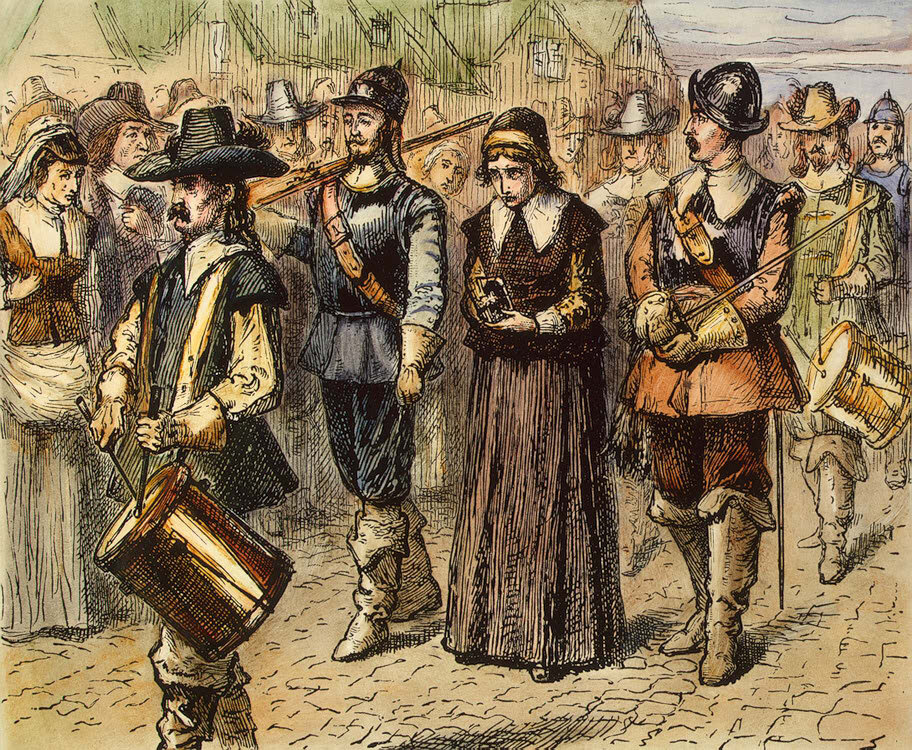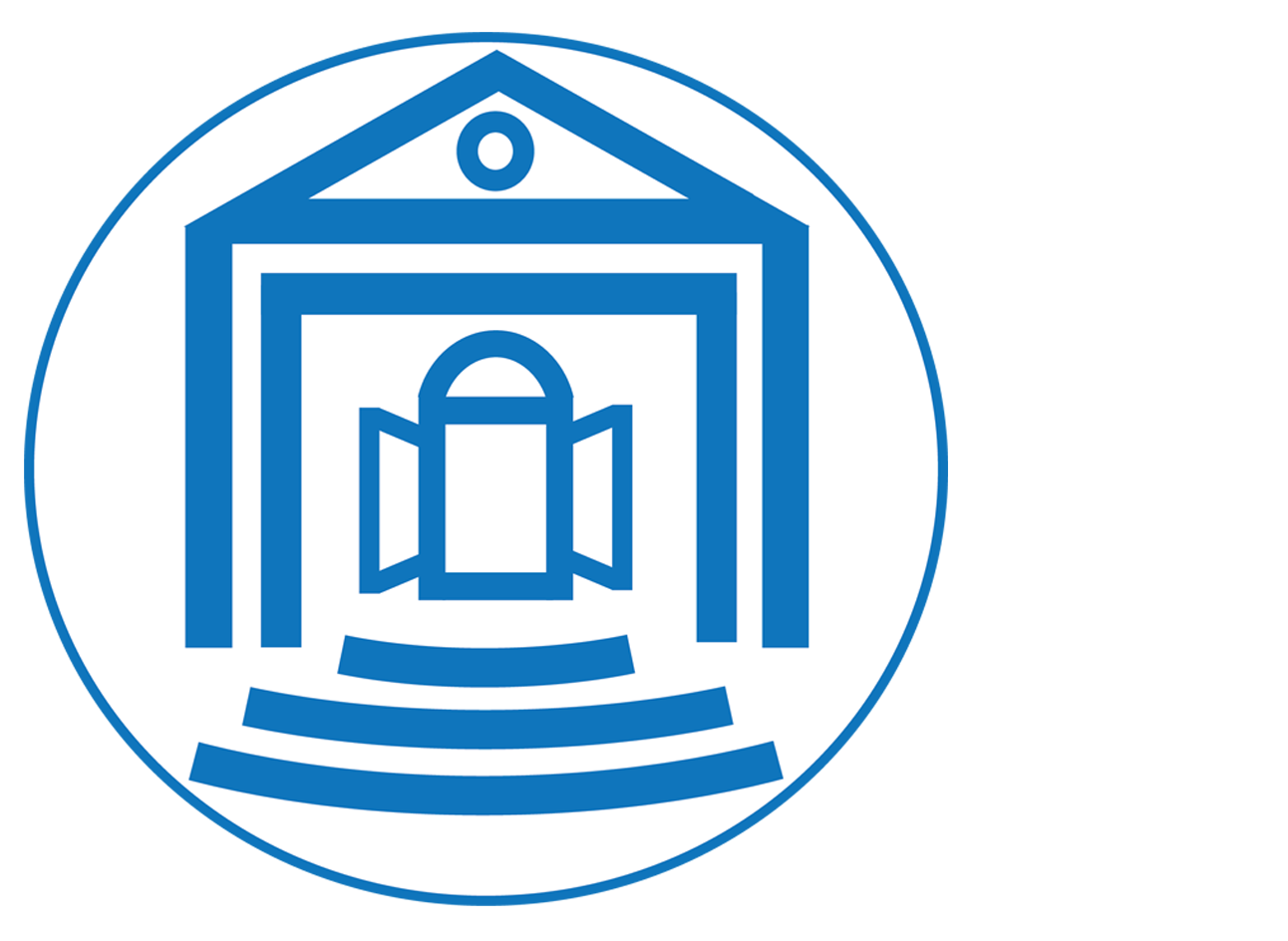
Early Quakers
The Roots of the Religious Society of Friends
In seventeenth century England, there were a lot of religious movements growing and spreading. George Fox was a seeker who one day heard a voice say to him, “There is one, Christ Jesus who can speak to thy condition.” Fox began preaching about the “inner light” and that man does not need a church or a priest to talk to God. From his preaching grew the Religious Society of Friends, who were called Quakers because they often trembled and quaked when thy spoke during worship. The Friends early developed a conviction that there is God in every person, and refused to participate in war – a stance that continues until today. Friends developed a distinctive style of worship that had little form and was not led by a minister, as they believed all members were ministers. They developed a presence in the American colonies. One Friend, William Penn, founded the commonwealth of Pennsylvania. Another Friend, John Woolman was an early opponent of slavery, a testimony that the entire Friends movement adopted by the mid- 19th century.
Early Quakers had a vivid sense of the Holy Spirit as an active presence, transforming themselves, their dealings with each other, and the entire world. They honored each person’s direct access to the Light, yet were aware of the frailty of human judgment. Their response was to develop practices of communal listening, seeking, and discerning. Meeting for worship, meeting for business, and some more specialized practices were all developed to allow the group to clarify and support individual guidance and revelation.
Early Quakers understood themselves to be engaging in “primitive Christianity revived” (to use William Penn’s phrase), and through most of our history, Friends have been united in placing the person and teachings of Jesus Christ at the center of their spiritual life. Present-day Friends recognize and value the Christian foundations of Quaker faith, although an overtly Christian perspective is no longer universal among Friends.
-Some of the above text is excerpted from the text of Faith and Practice: Illinois Yearly Meeting of the Religious Society of Friends was approved by the Yearly Meeting in Sixth Month, 2019.
- - Photo caption: Quaker Mary Dyer led to execution on Boston Common, 1 June 1660
Further Viewing
These videos—produced by our Friends at QuakerSpeak—offer additional perspectives on important topics related to the Religious Society of Friends.



